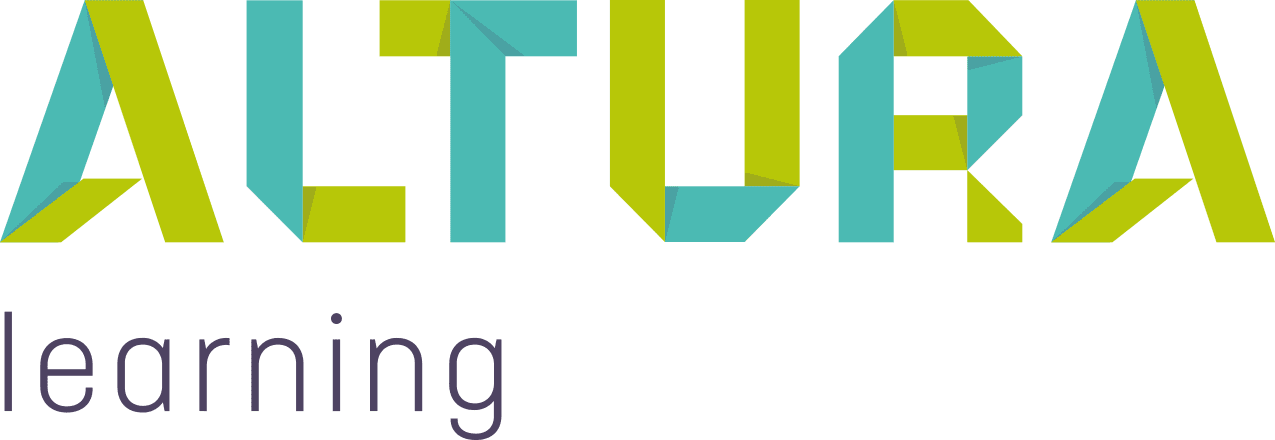Home | Altura Blog |
How to personalise Altura’s Learning delivery?
August 26, 2019 | Altura Blog
As you know, Altura Learning have a range of learning resources that supports you to customise or individualise the delivery of your education.
Individualised learning is a philosophical approach to learning that involves assessing each individual and customising content and delivery methods to the individual . That’s achievable in a one on one setting or to a degree in a classroom setting with a small group, but how do you tailor this approach when enrolling every staff member in education via a Learning Management System (LMS)?
Below we give you some tips to personalise your Altura Learning delivery:
Self Directed Learning
One of the greatest benefits of Altura Learning is that our education is delivered via video. Videos are a foundation tool of e-learning. Visual examples allow learners to interact, explore and digest content at their own rate. It allows learners:
- the freedom to learn at their own pace. They can play the video any time that it suits them and on the device that suits them.
- to stop the video at any time and take notes. We all learn differently and some people really benefit from learning through writing or discussing concepts. Learners should be encouraged to do this as frequently as necessary.
- to move through the video and go back if they would like to review a section
- to access close captions. This is designed for people who are hearing impaired, but member organisations have informed us that people from a culturally and linguistically diverse background (CALD) have found the closed captions useful in understanding the content.
When orientating staff to the Altura Learning environment, it’s really helpful to explain the above points as they may not understand the flexibility of their learning environment.
Don’t forget, if you’re using an Altura Learning video to support your face to face delivery, you can pause it at any time and ask reflective questions to ascertain your learner’s understanding of the content or to contextualise it to your organisation.
Face to face training
You may choose to deliver some content in a face to face session. This is useful:
- To ensure learners really understand the content
- To support learners with low literacy levels or are culturally or linguistically diverse
Some of the aids we provide to support face to face sessions are:
- PDF versions of our assessments. These assessments can be printed out and then you can support your staff to complete them if they require assistance.
- All courses released since April 2018 will have a Coordinator Resources which include a case scenario and a learning game.
- The case scenario can be presented to staff in a face to face session. They can apply the knowledge they have gained from the video to a scenario and draw on a collaborative aspect of learning through discussion with their peers. You can also use this as an opportunity to contextualise the content of the video and the case scenario to your organisation’s policies and procedures.
- Learning games incorporated into the beginning of an education session can help you to break barriers and make your staff feel more at ease. Playing in a group format can cause competition that motivates and engerises learners. It is also a way of reviewing content in a non-threatening manner and further embeds the key messages by not only transmitting knowledge but it allows learners to actively construct the knowledge in their own mind.
On the Job Learning
On the job learning has become increasingly popular with the use of the 70:20:10 model in workplaces. This model purports that 70% of optimal learning comes from developing knowledge from real life experiences, tasks and problem solving .
So how do you utilise Altura Learning for this type of action learning?
- The benefit of having video on demand is that staff can quickly review the correct way of performing a procedure if they need to double check how to do something.
- Evidence assessments can be used to assess that the person can demonstrate the skills , knowledge or behaviour in the workplace.
Other Ideas for customising your education delivery
- Perhaps you notice that there has been an increase in pressure injuries, skin tears or medication incidents. Use our Quick Reference Guides to support a toolbox talk.
- Do you find your staff aren’t able to recall education a week after completing it? Use our Quick Reference Guides or Infographic as a poster or in a folder at the nurses stations to support micro-learning opportunities (there will be more on micro-learning in future posts)
- If you utilise our Bridge platform, Bridge Retain will automatically ask staff a series of assessment questions at a time period you set after training. This can be particularly useful for subjects like elder abuse where you are required to demonstrate that your staff have the appropriate knowledge to act appropriately should they need to.


